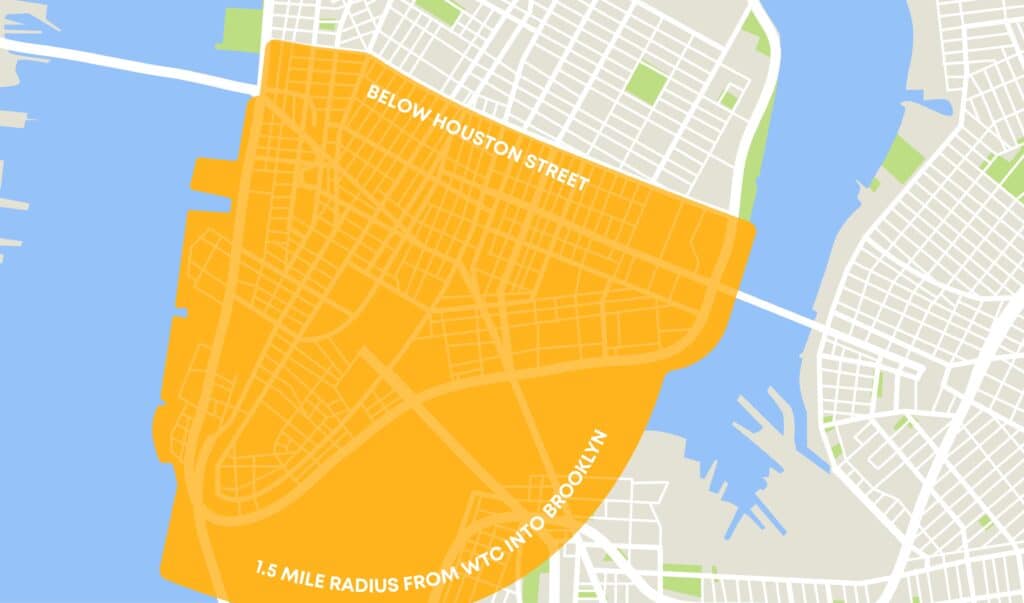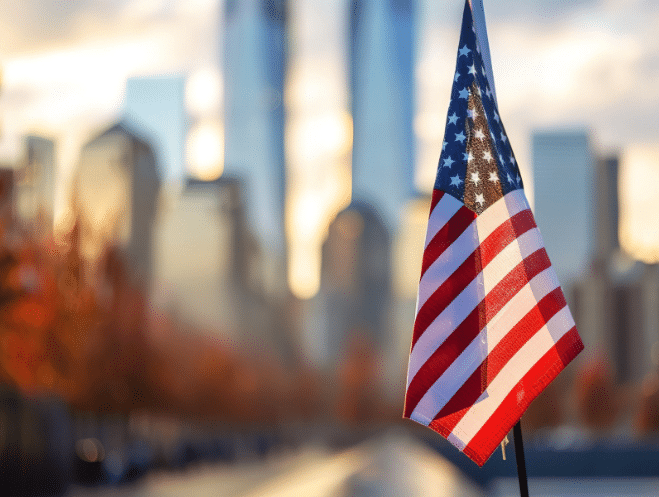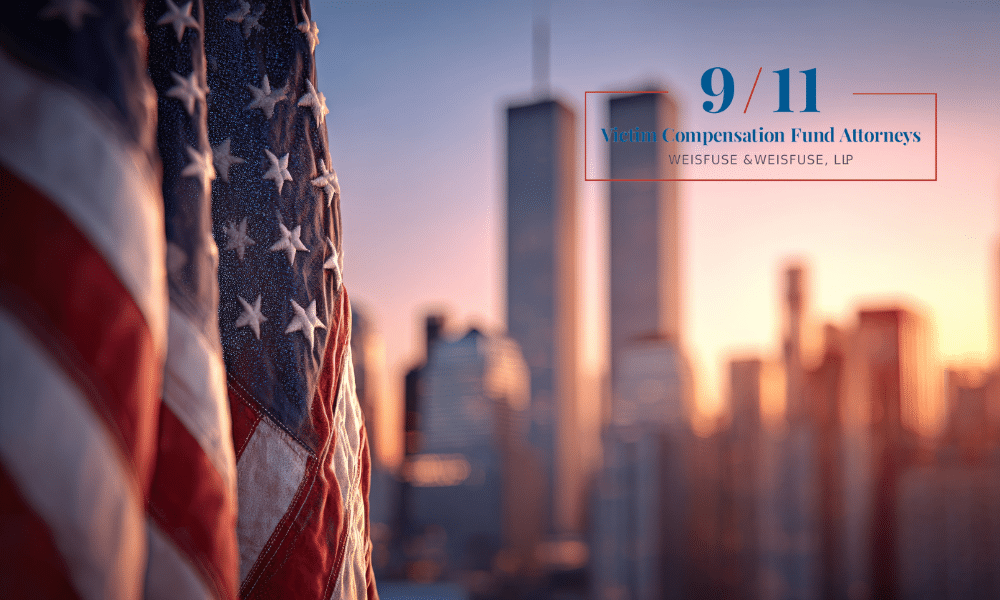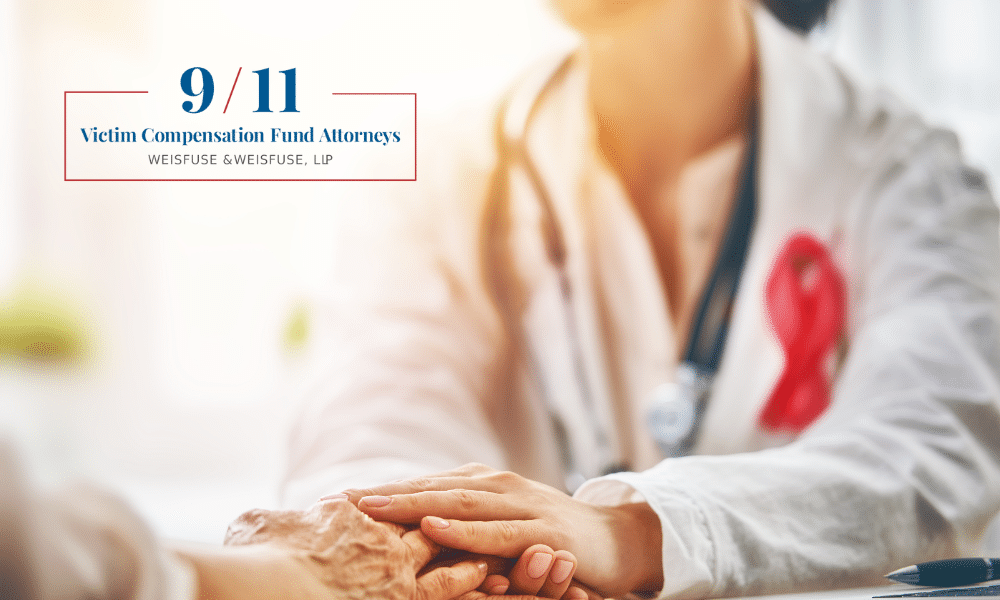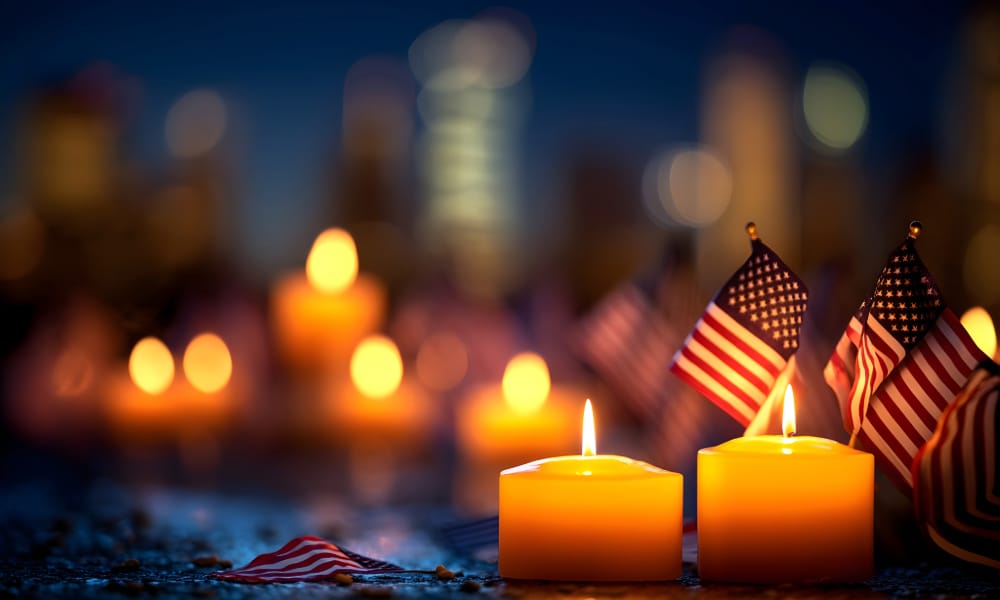
Anyone who suffered a 9/11-related injury or illness as a result of the WTC attacks or exposure to the harmful toxic dust cloud that hung over Lower Manhattan after the attacks can claim compensation from the September 11th Victim Compensation Fund (VCF).
However, a 9/11 VCF claim is not the only way to receive financial assistance for 9/11-related losses. Legal action via a Justice Against Sponsors of Terrorism Act (JASTA) lawsuit, for instance, has the potential to compensate many thousands of victims.
How does JASTA lawsuit compensation impact a VCF claim?
Let’s find out.
What is a JASTA lawsuit?
The Justice Against State Sponsors of Terrorism Act (JASTA) was passed into law in 2016, despite a veto from President Obama, based on fears that it could put U.S. service members, diplomats, and taxpayers at “significant risk” should similar laws be adopted by other countries.
JASTA essentially weakened the concept of “sovereign immunity” and opened the door for civil claims against foreign states for injuries, death or damages resulting from an act of international terrorism.
Under the terms of JASTA, an act of terrorism against a U.S. national or property no longer requires the foreign state to be designated as a state sponsor of terrorism by the Department of State to be sued.
The legislation also eliminated the need for both the injury and terrorist act to occur within U.S. borders for a lawsuit to be pursued. Claims can now be made for state-sponsored terrorist-related injuries to persons or property in the U.S., regardless of where the acts occurred.
Can the government intervene in a JASTA lawsuit?
JASTA has some governmental limitations on the lawsuits brought against foreign states.
The U.S. Government has the power to intervene in a lawsuit against a foreign state. It can permit the courts to stay the lawsuit for 180 days or more, on the basis that the government is “engaged in good-faith discussion with the foreign state defendant concerning the resolution of the claims against the foreign state, or to any other parties as to whom a stay of claims is sought.”
JASTA vs ATA (“Anti-Terrorism Act”)
The Anti-Terrorism Act (ATA) is another piece of legislation that allows U.S. victims of the 9/11 attacks to bring civil suits in U.S. courts for injuries caused by acts of international terrorism. Compensation can be claimed from private individuals and entities that have engaged in international terrorism.
The phrase “engaged in international terrorism” includes anyone who has knowingly abetted international terrorism by providing substantial assistance and includes acts planned, committed or authorized by any organization designated as a foreign terrorist organization.
JASTA lawsuits since 2016
Prior to the passing of JASTA, lawsuits alleging acts of terrorism by sovereign states were usually thrown out because U.S. courts had no jurisdiction over the defendants.
One of the main outcomes of the legislation was to prompt a swathe of lawsuits by the families of victims of the 9/11 attacks against Saudi Arabia, based on the alleged role of the Saudi government in the attacks.
A mass tort filed in 2017 included 100,000 claimants and alleges that the Saudi government knowingly provided material support and resources to Al Qaeda in facilitating the attacks against the U.S.
Dozens of insurers also filed a $6 billion lawsuit against Saudi Arabia in 2017, alleging that the state was responsible for 9/11damages incurred to businesses and property.
Saudi Arabia has repeatedly denied the claims and plaintiffs have complained about the lack of access to documentation, much of which has been redacted or made unavailable. U.S.-Saudi relations and challenges to the constitutionality of the JASTA legislation have also complicated cases.
To date, none of the JASTA-based claims have been fully resolved by final judgment or settlement.
If I participate in the JASTA lawsuit, can I still file a 9/11 VCF claim?
With thousands of plaintiffs representing over 100,000 victims in JASTA lawsuits that remain unresolved, the question of whether participation in a JASTA lawsuit impacts a 9/11 VCF claim is a valid one.
The bottom line is that any responder or survivor exposed to the 9/11 dust cloud and who has since suffered injuries or illness as a result should file a VCF claim as soon as possible, regardless of whether they are also participating in a JASTA lawsuit.
There is no guarantee of a successful resolution in a JASTA lawsuit any time soon. A VCF filing is, therefore, the best path to receiving timely compensation for any adverse health impacts, such as cancers, aerodigestive disorders or other 9/11-related health conditions.
Declaring financial awards to the 9/11 VCF
If you do receive compensation from a JASTA lawsuit, this will need to be reported to the Victim Compensation Fund so that a “collateral offset” can be made when assessing the VCF award.
The VCF stipulates that claimants must inform the fund of any collateral source payments that may impact VCF compensation. A “collateral source payment” is any 9/11-related compensation received from other sources and may include:
- Benefits from life insurance policies.
- Pensions
- Legal settlements for other types of 9/11-related claims.
- Social Security Disability payments.
- Workers’ Compensation benefits.
Based on the amounts received, the VCF Special Master, who oversees the distribution of VCF benefits, can adjust awards accordingly.
Seeking legal assistance may be advisable before filing a VCF claim if there are complications with a JASTA lawsuit or other potential awards. When filing claims, there can be complexities with proving 9/11-related illnesses or presence in the exposure zone during the eligible dates. Calculating economic and non-economic losses is also easier with the help of a 9/11 claims attorney.
To discuss your situation and learn more about how we may be able to help you, please call Weisfuse & Weisfuse, LLP at 212-983-3000 or contact us online to schedule a free consultation.
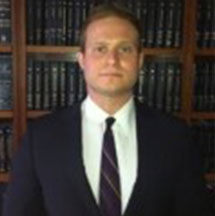
About Jason Weisfuse –
9/11 Victim Compensation Fund Attorney
About Jason Weisfuse –
9/11 Victim Compensation Fund Attorney
Jason E. Weisfuse is a seasoned 9/11 cancer attorney and managing partner at Weisfuse & Weisfuse, LLP, a New York City-based law firm dedicated to representing individuals affected by the September 11th attacks. Since the establishment of the September 11th Victim Compensation Fund (VCF), Jason has been instrumental in assisting first responders, survivors, and families in securing the compensation and medical benefits they deserve.
With a Juris Doctor from New York Law School (2009), Jason brings extensive experience regarding the 9/11 Victim Compensation Fund to his practice. His deep understanding of the VCF and the World Trade Center Health Program (WTCHP) has enabled him to navigate complex claims processes effectively, resulting in substantial awards for his clients.
Jason’s commitment to the victims in the 9/11 community is evident through his active involvement in professional organizations such as the New York State Trial Lawyers Association and the American Association for Justice. He has also contributed to legal discourse with publications in the New York Law Journal, reflecting his dedication to legal excellence and advocacy.
At Weisfuse & Weisfuse, LLP, Jason continues to provide compassionate and knowledgeable representation, ensuring that those affected by 9/11 receive the support and compensation they are entitled to.


